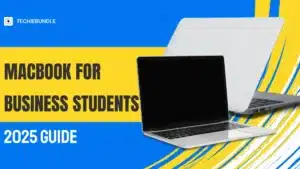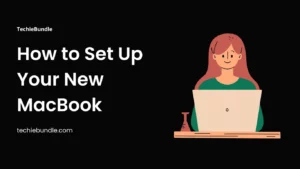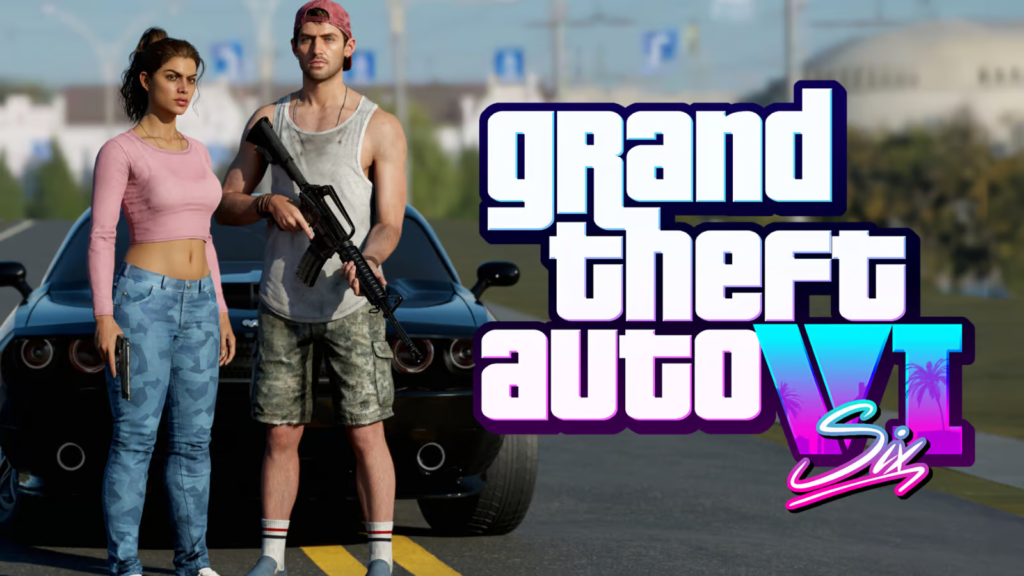The recent unveiling of Grand Theft Auto 6 (GTA 6) by Rockstar Games has sent ripples of excitement throughout the gaming industry. Set to release on December 5th at 9 a.m. ET, this announcement has been eagerly awaited by gaming enthusiasts worldwide, especially considering the monumental success of its predecessor, GTA 5. Yet, despite the fervent anticipation, Rockstar Games has maintained an air of mystery, withholding many crucial details about the upcoming installment. This secrecy has fueled numerous theories and speculations among fans, with one prevailing notion hinting at a potential return to Vice City, a beloved location from a previous GTA game.
PS5 Pro GTA 6 Bundle
However, amidst this speculation, a significant piece of information has emerged, causing quite a stir within the gaming community. Alex Smith, a former developer at Bend Studios, claims to have inside knowledge, making a statement that Sony will have the “marketing rights” for the game on the PS5 which will first be released to PS5 players making the PC players wait for a year. To further compound this revelation, Smith also hinted at the possibility of a PlayStation 5 Pro bundle in conjunction with the game’s release.
The emergence of this news, including the GTA 6 Trailer 1 Release Date, has set ablaze a fervent dialogue within the gaming community, notably among PC and console owners. The tradition in major game releases, such as Grand Theft Auto, has long been the simultaneous launch across multiple platforms. The potential deviation from this norm, hinted at by the exclusivity deal surrounding GTA 6, has sparked a wave of reactions and discussions among players.
The prospect of a staggered release—first on one platform and later on others—represents a departure from established conventions. This shift has the potential to substantially influence the gaming landscape, potentially altering the experience for players on different platforms. Such exclusivity could fragment player communities, raising concerns about access, fairness, and inclusivity across gaming platforms.
This departure from convention has incited deep reflection and analysis within the gaming community. Players are grappling with the implications of this potential change, questioning the motivations steering developers and publishers towards such exclusivity arrangements. The impact on gaming experiences, community dynamics, and the overall direction of industry practices has become a focal point of discussion and speculation.
As debates intensify, players are voicing their concerns about the potential consequences of this shift in release strategy. The possible fallout—ranging from fractured player bases to disparities in access—has prompted widespread contemplation about the reasoning behind this decision by developers. This departure from the simultaneous multi-platform release strategy has not only triggered reactions but has also prompted deeper reflections on the future landscape of gaming and the relationships between developers, platforms, and players.
This poses challenges for those who may have been eagerly anticipating playing GTA 6 on their preferred consoles or PCs upon its initial launch. Additionally, the decision to grant exclusive marketing rights to Sony for the PS5 version of the game hints at a strategic move within the gaming industry, potentially altering the dynamics of future game releases and platform partnerships. Industry experts believe that the delay in the release of GTA 6, due to the PS 5 Pro GTA 6 bundle, is not a move of wisdom and would result in a potential loss for the company.
The revelation of potential exclusivity surrounding GTA 6 has become a fulcrum for extensive discourse within the gaming community. Beyond the immediate implications for the game itself, this exclusivity deal between Rockstar Games and Sony has ignited a far-reaching debate that permeates the core of the gaming industry.
At its heart lies an exploration of the motivations driving such a strategic decision. Gamers, industry analysts, and enthusiasts have embarked on a collective journey to dissect the underlying reasoning, contemplating the intricate interplay between commercial interests, market competition, and the evolving landscape of gaming alliances. Speculation has surged about the motivations behind this exclusivity agreement, with questions raised about potential financial incentives, marketing strategies, and the quest for a competitive edge in an ever-evolving gaming market.
This exclusivity revelation has illuminated broader discussions about the future trajectory of gaming partnerships and industry norms. Conversations are rife with considerations regarding the implications on player experiences, gaming accessibility, and the overall dynamics of competition among different gaming platforms. Players are questioning the impact on cross-platform gameplay, the accessibility of content, and the potential division within gaming communities due to exclusivity deals.
As the countdown to release continues, the anticipation snowballs, fueling passionate discussions, analytical breakdowns, and contemplation on the ripple effects of this decision. The implications of platform exclusivity have become a central point of contention, prompting industry observers and gamers alike to ponder the evolving landscape of gaming collaborations, industry practices, and the fundamental dynamics shaping the future of gaming.



